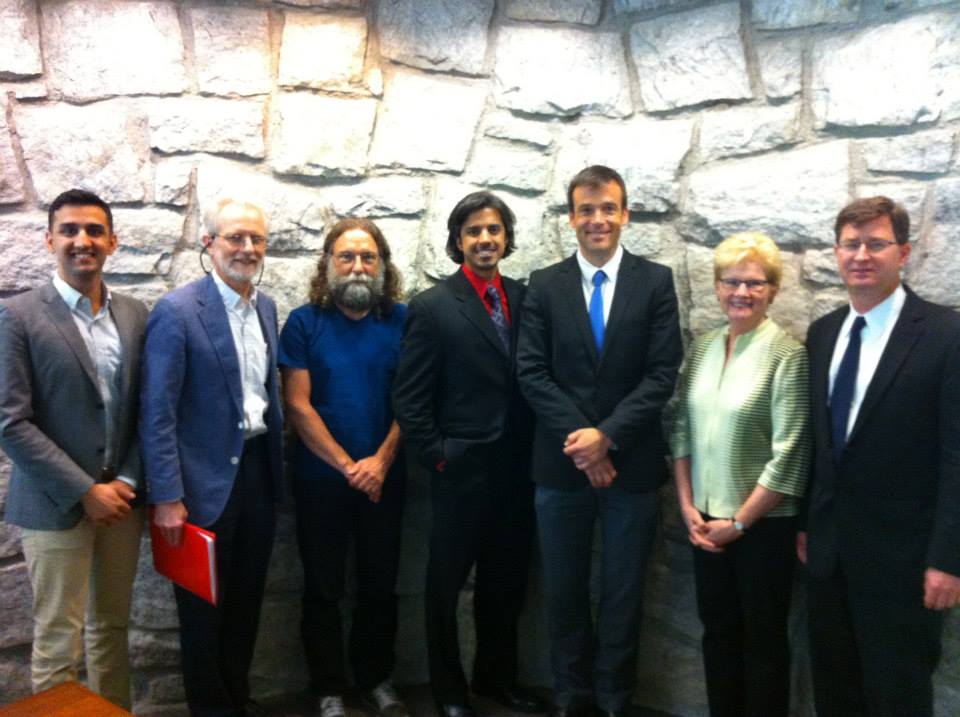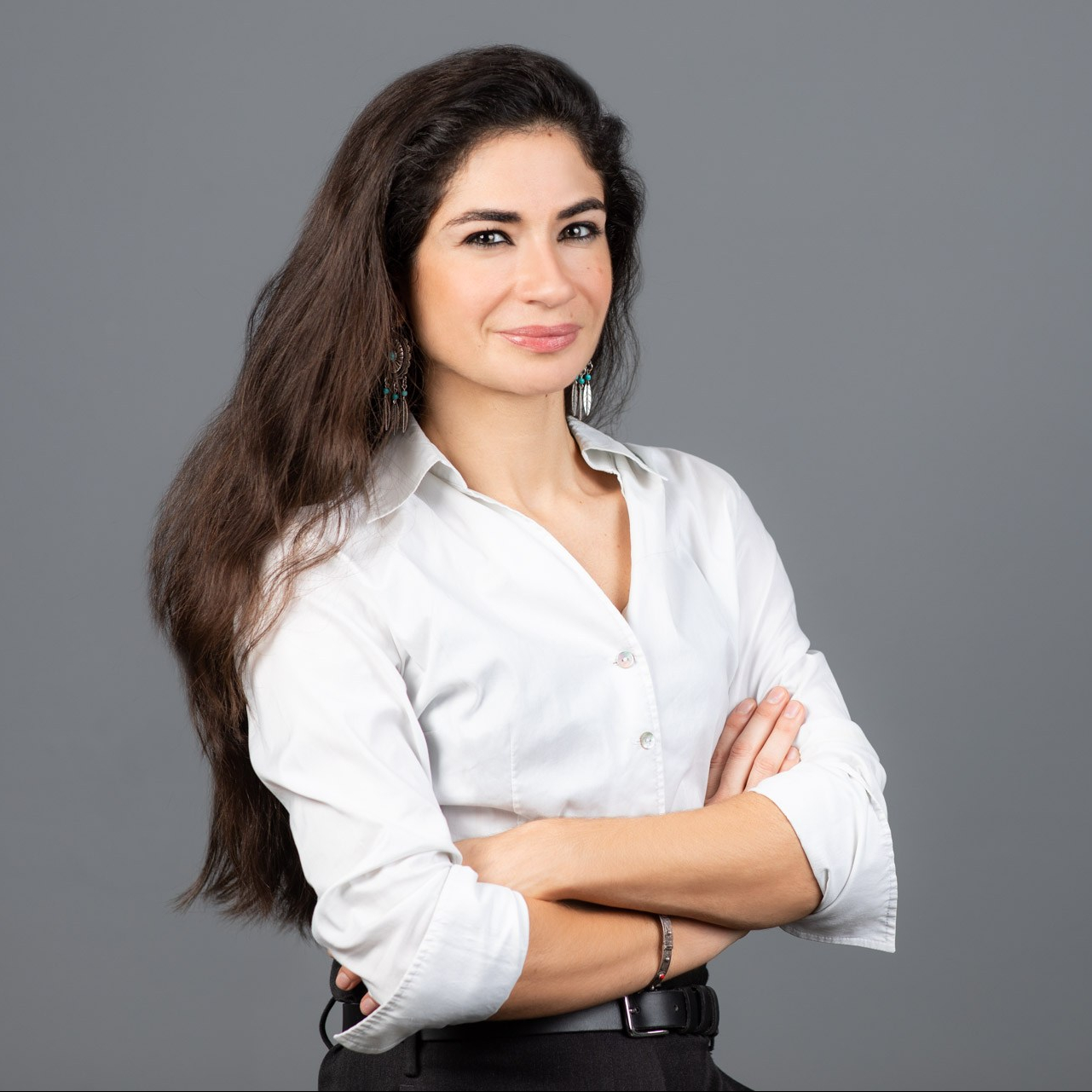Andrew Rippin Best Paper Prize Winner 2022
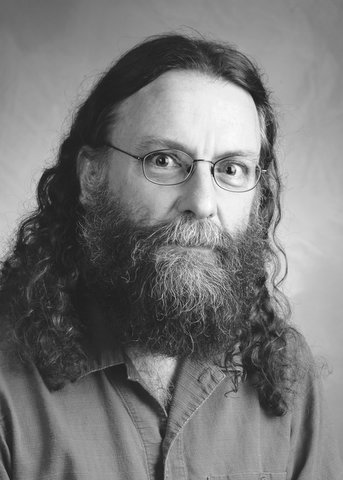 The International Qurʾanic Studies Association is delighted to announce that the fifth annual Andrew Rippin Best Paper Prize (open to papers delivered by early career scholars at the 2021 Annual Meeting) has been awarded to Adi Shiran for her paper: ““Bloody Wrath and Healing Touches: Joseph and his Brothers in Early Twelver Shī‛ī Tafsīr.” The winner of the Andrew Rippin Best Paper Prize receives a cash award. In addition, an expanded and edited version of the winning paper qualifies for publication in the Journal of the International Qur’anic Studies Association.
The International Qurʾanic Studies Association is delighted to announce that the fifth annual Andrew Rippin Best Paper Prize (open to papers delivered by early career scholars at the 2021 Annual Meeting) has been awarded to Adi Shiran for her paper: ““Bloody Wrath and Healing Touches: Joseph and his Brothers in Early Twelver Shī‛ī Tafsīr.” The winner of the Andrew Rippin Best Paper Prize receives a cash award. In addition, an expanded and edited version of the winning paper qualifies for publication in the Journal of the International Qur’anic Studies Association.
This award is given in honor of Professor Andrew Rippin (1950–2016), a leading scholar of the Qurʾān and inaugural president of the International Qur’anic Studies Association (2014). Prof. Rippin is remembered as “an esteemed colleague, revered mentor, and scholarly inspiration to many members of the IQSA community.” An announcement regarding submissions for the sixth annual Andrew Rippin Best Paper Prize will follow the 2022 IQSA Annual Meeting.
An abstract of the award winning paper follows:
“Bloody Wrath and Healing Touches: Joseph and his Brothers in Early Twelver Shī‛ī Tafsīr”
The meetings between Joseph and his brothers in Egypt are often portrayed in Qur’ān commentaries as dramatic occurrences. A few early Twelver Shī‛ī commentaries mention a peculiar account that describes the heated clash between the brothers and Joseph following Joseph’s accusation that one of them stole from him. According to this account, the brothers’ wrath triggered unusual physical symptoms, including bleeding from various organs. An examination of the early Muslim exegetical tradition shows that this narrative is unique and that some individual elements in it are generally absent from other Muslim commentaries on the story of Joseph. In this paper, I argue 1) that some of the elements that appear in the story originated in an early Jewish Midrash, and 2) that a comparison between the texts highlights the originality of the Twelver Shī‛ite version.
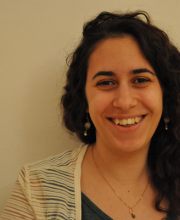 Adi Shiran is a Ph.D. student at the University of Chicago Divinity School. Shiran earned a B.A. and an M.A. in Arabic language and literature from the Hebrew University of Jerusalem, where she studied in the Mandel Honors Program, and an M.A. from the Freie Universität Berlin. Shiran’s research interests include medieval Islamic, Christian, and Jewish exegesis, Judeo-Arabic literature, and Mu tazilite kalam. In her dissertation, she deals with the notion of the ‘sealing of the hearts’ in tenth-century Qur’an and Bible exegesis. IQSAweb.org 25 Other current research projects include Islamic and Jewish interpretations regarding the physical appearance of the serpent/Satan, and a translation of Saadia Gaon’s Judeo-Arabic discussion on the suffering of animals in his commentary on Genesis. Shiran earned a teaching certificate in Arabic from the Hebrew University of Jerusalem. She taught Qur’anic Arabic at the University of Chicago and taught Classical and Modern Arabic in high schools for several years.
Adi Shiran is a Ph.D. student at the University of Chicago Divinity School. Shiran earned a B.A. and an M.A. in Arabic language and literature from the Hebrew University of Jerusalem, where she studied in the Mandel Honors Program, and an M.A. from the Freie Universität Berlin. Shiran’s research interests include medieval Islamic, Christian, and Jewish exegesis, Judeo-Arabic literature, and Mu tazilite kalam. In her dissertation, she deals with the notion of the ‘sealing of the hearts’ in tenth-century Qur’an and Bible exegesis. IQSAweb.org 25 Other current research projects include Islamic and Jewish interpretations regarding the physical appearance of the serpent/Satan, and a translation of Saadia Gaon’s Judeo-Arabic discussion on the suffering of animals in his commentary on Genesis. Shiran earned a teaching certificate in Arabic from the Hebrew University of Jerusalem. She taught Qur’anic Arabic at the University of Chicago and taught Classical and Modern Arabic in high schools for several years.
Want to try your hand at next year’s Andrew Rippin Best Paper Prize? Submit your proposals for the 2022 IQSA Annual Meeting in Denver by March 15th, 2022, or for the IQSA 2022 Annual Meeting in Palermo by March 7th, 2022!
© International Qur’anic Studies Association, 2022. All rights reserved.

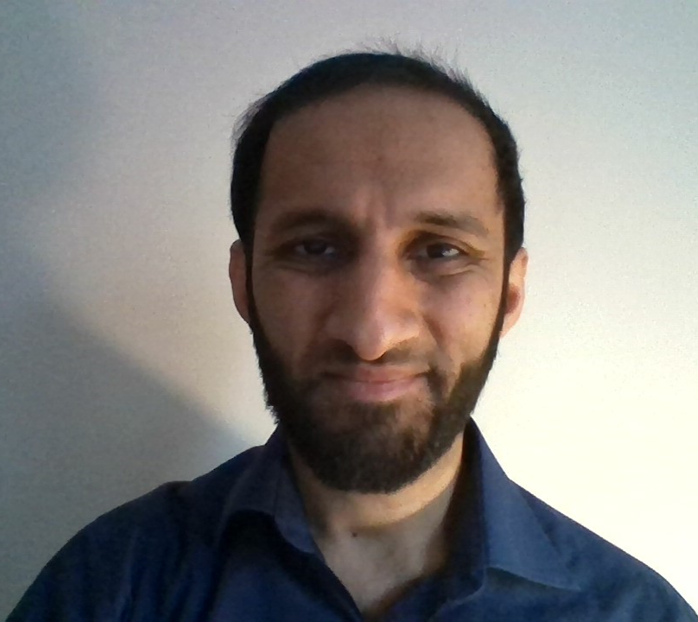 Saqib Hussain is a doctoral student at the University of Oxford, holding a scholarship from the AHRC and affiliated with the
Saqib Hussain is a doctoral student at the University of Oxford, holding a scholarship from the AHRC and affiliated with the  Andrew J. O’Connor is Assistant Professor of Theology & Religious Studies at St. Norbert College in De Pere, Wisconsin (USA). He completed his Ph.D. in 2019 at the University of Notre Dame. His doctoral dissertation analyzed the Qur’an’s different models of prophethood in conversation with notions of prophecy within other communities in the Near East. He also holds a M.A. from the University of Chicago and a B.A. from the University of Wisconsin–Madison. Andrew’s current research interests are the Qur’an’s engagement with Jewish and Christian traditions (and the cultural/religious environment of Late Antiquity broadly speaking) and the Qur’an’s eschatology. Andrew was the recipient of a Fulbright Research Grant to study in Amman, Jordan, for 2017–18.
Andrew J. O’Connor is Assistant Professor of Theology & Religious Studies at St. Norbert College in De Pere, Wisconsin (USA). He completed his Ph.D. in 2019 at the University of Notre Dame. His doctoral dissertation analyzed the Qur’an’s different models of prophethood in conversation with notions of prophecy within other communities in the Near East. He also holds a M.A. from the University of Chicago and a B.A. from the University of Wisconsin–Madison. Andrew’s current research interests are the Qur’an’s engagement with Jewish and Christian traditions (and the cultural/religious environment of Late Antiquity broadly speaking) and the Qur’an’s eschatology. Andrew was the recipient of a Fulbright Research Grant to study in Amman, Jordan, for 2017–18.